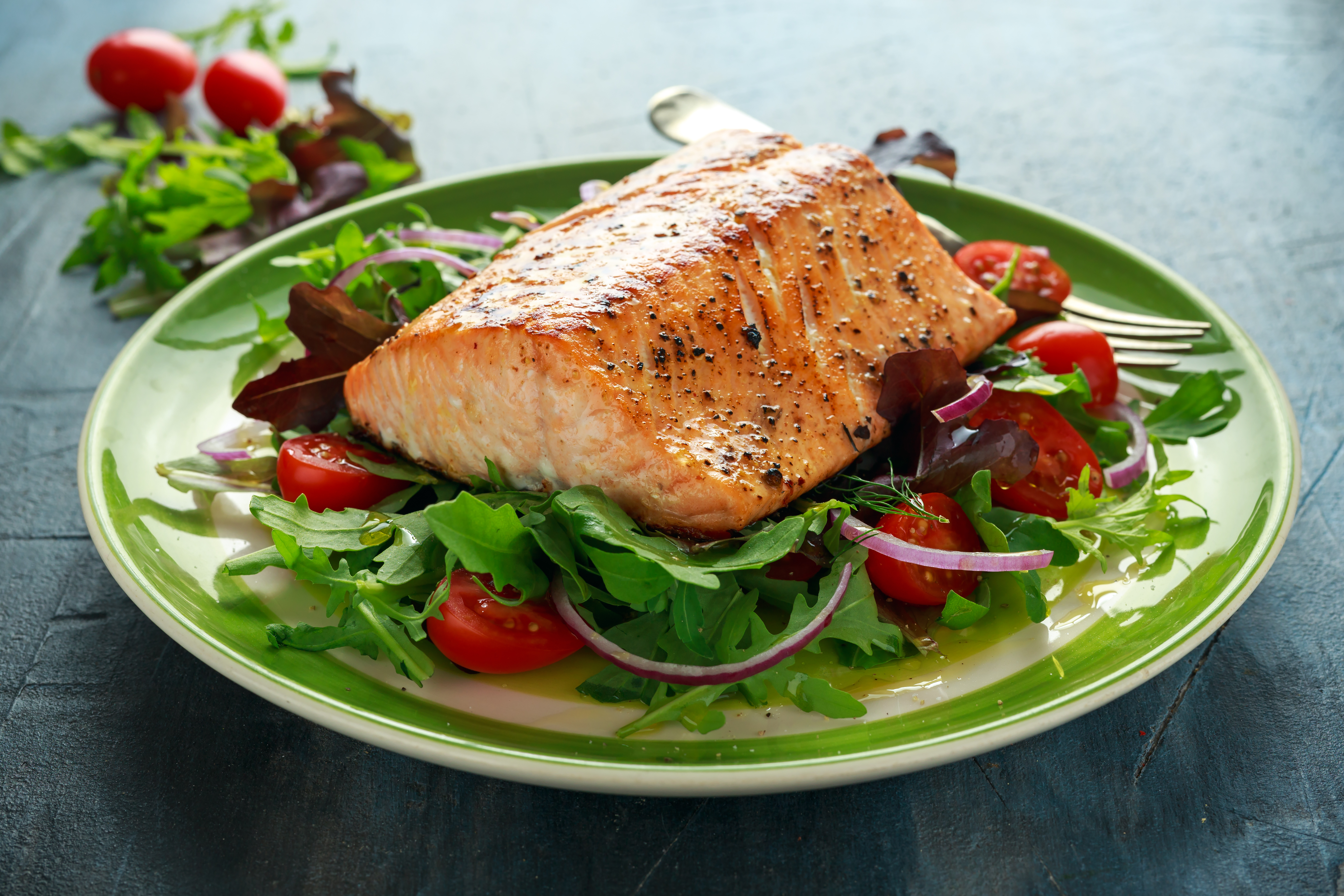 Loading...
Loading... Loading...
Loading... When it comes to nutrition, there's a lot of conflicting information out there. But stressing out about what you should and shouldn't be eating defeats the whole purpose of trying to stay healthy. Plus, you can rest easy knowing there are several recent medical studies that show there are still a lot of enjoyable things you can eat while staying healthy. So, don't sweat it—just check out this list of studies that may surprise you.
When it comes to nutrition, there's a lot of conflicting information out there. But stressing out about what you should and shouldn't be eating defeats the whole purpose of trying to stay healthy. Plus, you can rest easy knowing there are several recent medical studies that show there are still a lot of enjoyable things you can eat while staying healthy. So, don't sweat it—just check out this list of studies that may surprise you.
What you should know: You should avoid some saturated fats, such as trans fats found in processed foods. However, fats like omega-3 have health benefits and even naturally occurring saturated fats may be good for you. Too much sugar, on the other hand, can cause your liver to become resistant to insulin, raising your risk of diabetes and heart disease. Sugar—a type of carbohydrate—appears to be the culprit for weight gain, too. A 2015 National Institutes of Health study found that eating good fats can help you burn more calories than eating the same amount of carbs.
What you should do: Don't be afraid of fats. Limit your saturated fats to about 5-6% of total calories, and try to get more natural fats—like those found in avocados, olives and nuts. They'll make you feel fuller and help kill those sugar cravings.
What you should know: We tend to think that all red meat is associated with a greater risk of cardiovascular disease. While processed red meat, such as bacon, sausage, cold cuts or hot dogs does lead to higher risk of heart failure, this may not be the case for unprocessed meats. A 2017 American Journal of Clinical Nutrition study found that people who ate three ounces of unprocessed red meat, three times a week, didn't end up with higher blood pressure or total cholesterol levels.
What you should do: Try to go for red meats that are processed the least, such as meats that come from animals that have been naturally fed and raised, without drugs and hormones.
What you should know: We hear over and over again about salt being bad for us, and it's true that high sodium intake increases your risk for high blood pressureand long-term health complications. However, a 2016 study published in The Lancet found that too little salt can be problematic as well. Low sodium intake was associated with greater risk for heart attacks and death compared to moderate sodium intake.
What you should do: Use common sense. Salt makes food taste good, and you need some salt for your body to function. Eating a lot of processed foods often leads to eating too much salt. Even if store-bought cookies and processed snacks don't taste salty, they are often packed with salt (especially reduced-fat treats). Ditch the processed foods, and you'll naturally ditch the extra salt.
What you should know: You may feel good starting your day with a quick bowl of cereal and milk, especially if you choose a granola or multi-grain option. However, even these breakfast cereals can be high in sugar and shouldn't be considered a part of a healthy breakfast. The Environmental Working Group recently found that 92% of cold cereals in the United States come preloaded with added sugars.
What you should do: Check labels. Even cereals that are marketed as healthy can contain hidden sugars. Consider switching to unsweetened oatmeal or muesli and flavoring it yourself. Or, switch to a savory breakfast choice, like eggs.
What you should know: You can do a lot of things to improve your health, but if you had to pick just one, getting small amounts of exercise is a good place to start. In 2017, researchers at the University of California San Diego School of Medicine found that in just one 20-minute session of moderate exercise, participants showed an anti-inflammatory cellular response, which could help with chronic diseases like arthritis or conditions like obesity.
What you should do: This one's pretty obvious—lace up your sneakers and get moving!